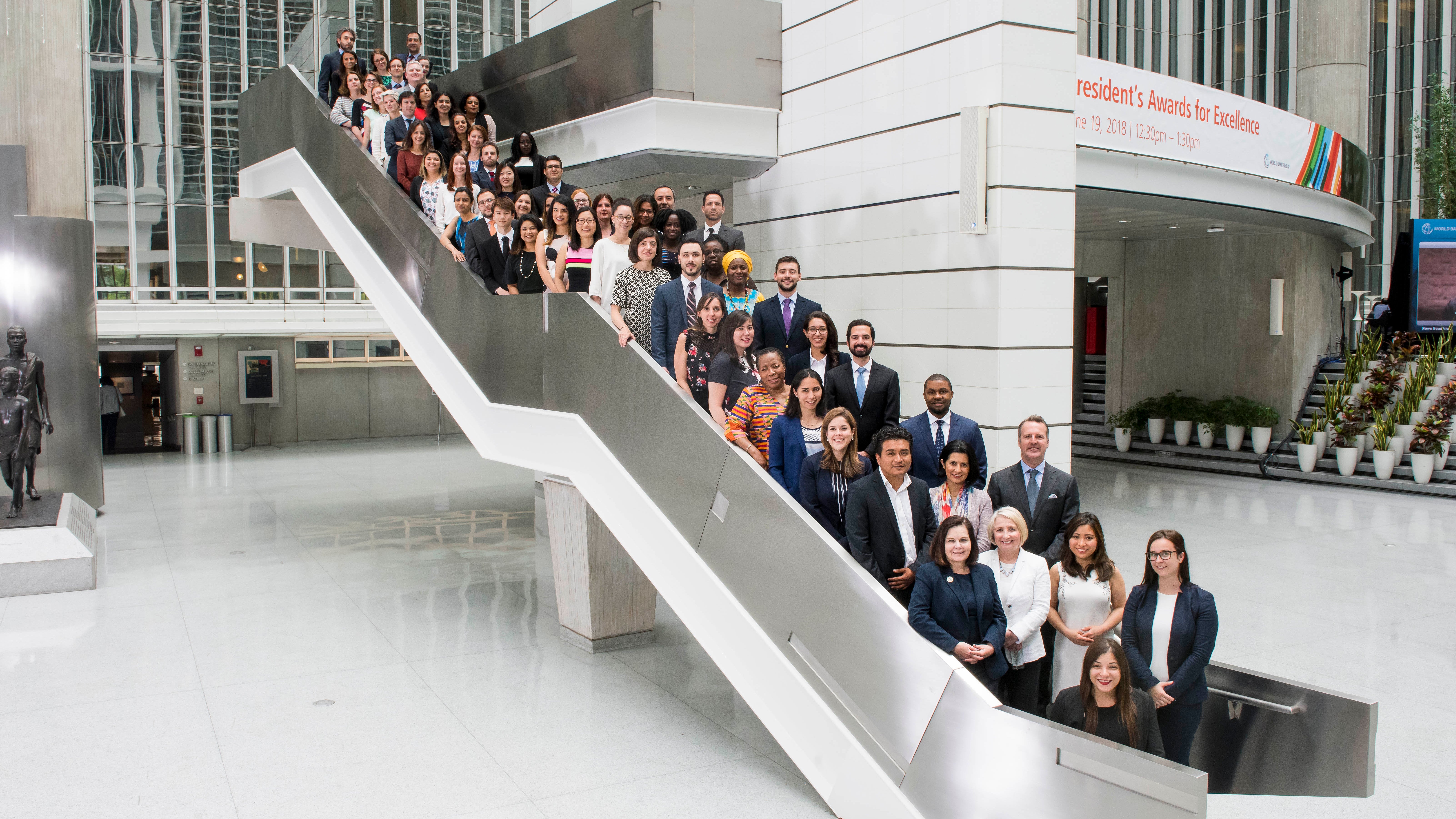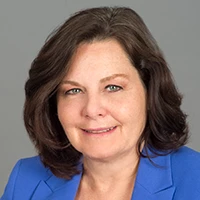
As an international organization tasked with the resolution of investment disputes—diversity is, in fundamental respects, embedded in ICSID's DNA. The International Centre for Settlement of Investment Disputes (ICSID) has 154-member states, encompassing the majority of the world's countries. ICSID cases involve investors and states from every region in the world and concern all economic sectors—from poultry farms in Turkmenistan to pharmaceuticals in Canada.
It is therefore imperative that the people who argue, decide and administer cases reflect this global makeup. And measurable progress is being made towards greater diversity and inclusiveness, thanks to the concerted efforts of the ICSID Secretariat, government officials and legal professionals operating in the field of international investment dispute settlement.
How ICSID Promotes Diversity
There are several key ways that ICSID is working to advance diversity. One is the collection and publication of data. ICSID regularly releases statistics on diversity-related indicators, including the share of women appointed to ICSID tribunals, the nationalities of appointees, and the percentage of first-time appointments.
ICSID also encourages users of international investment dispute settlement services to consider diversity when appointing arbitrators and conciliators. An important feature of the ICSID system is that the parties to the dispute select the tribunal members in most cases. Usually this means that the investor selects one arbitrator, the state selects another, and they agree on the third presiding arbitrator. As a result, the parties to ICSID proceedings and their counsel have a pivotal role to play in promoting diversity on both sides of the bench.
But this is not to say that ICSID does not also have a role to serve as the leading institution in this field. For example, parties sometimes turn to ICSID to appoint one or more arbitrators, or to compile a list of candidates for the parties to consider. When doing so, ICSID considers diversity in many respects—gender, nationality, legal background and prior experience.
Another important resource is the ICSID Panels of Arbitrators and of Conciliators. These panels are comprised of individuals designated by ICSID member states and by the Chair of the Administrative Council (a role served by the President of the World Bank), from which arbitrators and conciliators may be selected for ICSID cases. ICSID encourages its member states to consider diversity when making appointments, and the Chair designated an equal number of women and men when the Panel was updated last year.
Creating Opportunities for Young Professionals
A significant driver of diversity is creating opportunities for young professionals to enter the field. This is one reason ICSID pays attention to what we term 'first-timers'—i.e., those individuals appointed for the first time as an arbitrator or conciliator to an ICSID case. Getting that first appointment is hard given the weight that parties place on an established reputation for expertise and good judgment. But it is vital to the rejuvenation of the field.
Supporting young professionals is also why ICSID invests in its internship program. Since 2016, we have welcomed more than two dozen interns from Algeria, Canada, Chile, China, Croatia, Cuba, France, Hong Kong, India, Ireland, Republic of Korea, Lebanon, Morocco, Nigeria, Pakistan, Peru, Singapore, Switzerland, the United States of America, and Venezuela.
ICSID has similarly focused on developing "Young ICSID": a network designed to encourage professional development for young lawyers. Since it launched in 2012, Young ICSID has grown rapidly to over 1000 members.
Finally, ICSID has consistently leveraged its publications and events to showcase talented women and men from around the world.
Progress to Date
All of these efforts are showing tangible results. Here are a few highlights:
- Appointments to ICSID Tribunals: Diversity within ICSID tribunals is important, and ICSID tracks a number of indicators—including gender. In FY2018, 24% of all appointments to ICSID tribunals were women, up from 14% in FY2017. Of those appointments made by ICSID, 30% were women.
- First-time appointments: As noted, the field benefits from new entrants, and ICSID also keeps tabs on the number of individuals appointed to her or his first case. Last year, 17% of appointments were first-timers, compared to 13% in 2017.
- Panels of Arbitrators and of Conciliators: These panels are important to ensuring that there is an expert and diverse group of individuals to serve on tribunals and commissions, so ICSID encourages its membership to make designations. In 2017, for example, 16 states made 73 designations. Last year, 22 states made 102 designations. ICSID has also begun tracking the gender balance amongst designations. As of 2018, 19% of designees made by states were women. And of the 20 new designations made by the Chair of the Administrative Council in 2018, 50% were women.
- Diversity at the ICSID Secretariat: The ICSID Secretariat is one of the most diverse units within the World Bank Group. Our sixty-five staff members come from 29 countries and are fluent in 26 languages. Seventy-five percent of staff are women, across all levels and roles.


Join the Conversation